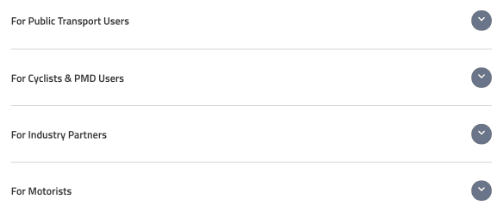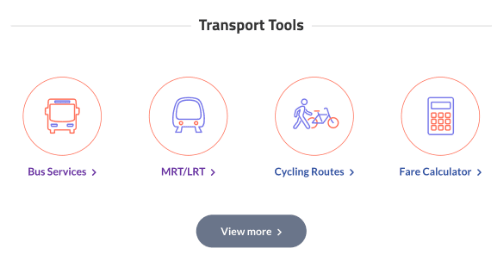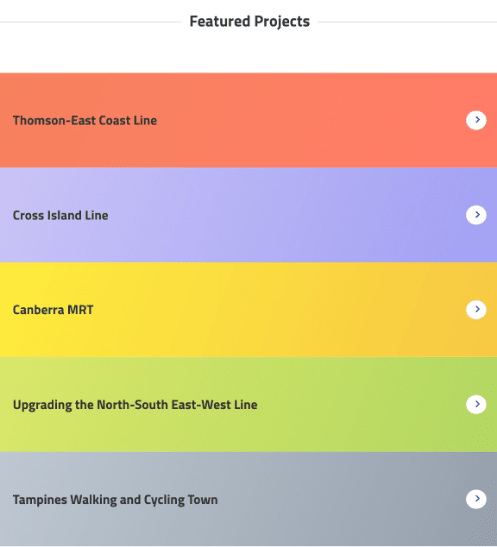As announced during Budget 2021, the Government will introduce further measures to support the adoption of electric vehicles (EVs), by reducing the Additional Registration Fee (ARF) floor and revising the road tax framework for electric cars. Together with the EV Early Adoption Incentive (EEAI) and the enhanced Vehicular Emissions Scheme (VES), these measures will further lower the cost of owning an electric car, particularly mass-market models.
Lowering the ARF Floor to $0
2 The EEAI and the enhanced VES, which both came into effect on 1 January 2021, provide prospective electric car buyers with combined cost savings of up to $45,000. These combined rebates are currently subject to a minimum ARF of $5,000.
3 To enable mass-market electric car buyers to benefit more fully from the combined rebates, we will lower the ARF floor from $5,000 to $0, for fully electric cars and taxis registered from 1 January 2022 to 31 December 2023. Please refer to Annex A for an illustration of the rebates for mass-market electric car models after lowering the ARF floor.
Revised Road Tax Framework for Electric Cars
4 Since 1 January 2021, the road tax schedule for all newly registered electric cars had been revised to better reflect trends in vehicle efficiency; this had led to an across-the-board reduction in the variable component of road tax for electric cars and some hybrids.
5 We have further reviewed the road tax structure for mass-market electric cars, to ensure electric and ICE cars of similar makes and luxury level pay similar road tax. From 1 January 2022, we will merge the road tax brackets of 30-90kW and 90-230kW, such that electric cars in the 30-230kW bracket are subjected to the road tax formula of the 30-90kW bracket. This will lead to a reduction of up to 34% in road tax for electric cars in the 90-230kW bracket. These changes will also apply to petrol-electric cars that currently pay road tax based on their maximum electric power rating. Please refer to Annex B for the revised road tax schedule, and Annex C for an illustration of the revised road tax for some mass-market electric car models.
6 We will continue to monitor developments in EV technology and make further adjustments where necessary.
Information for Existing Electric Car Owners
7 For existing owners of electric and petrol-electric cars who have paid road tax for the period beyond 1 January 2022 based on the existing road tax schedule, any excess road tax paid will be used to offset the amount payable at the next road tax renewal.
8 If the vehicle is transferred to another owner before its next road tax renewal, any excess road tax paid will be offset against the transfer fee payable, and any amount remaining will be transferred along with the vehicle to the new registered owner.















